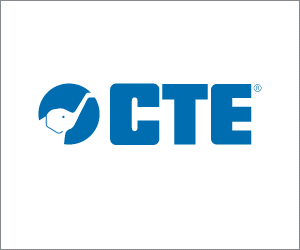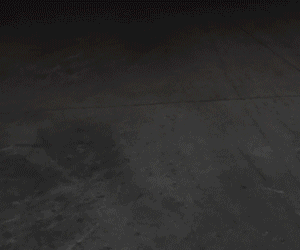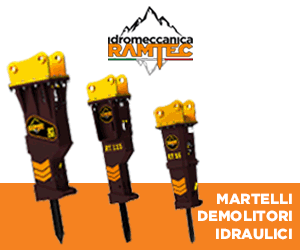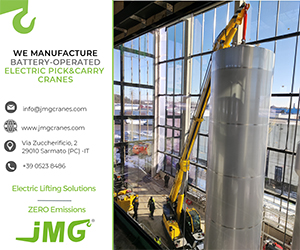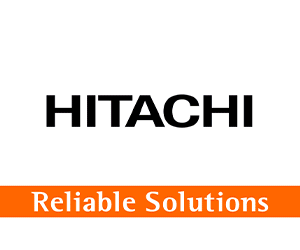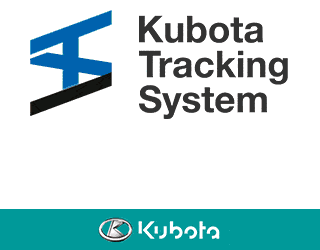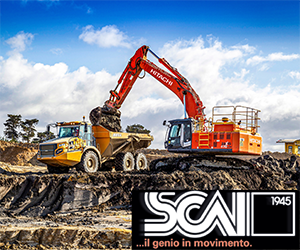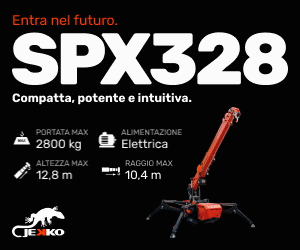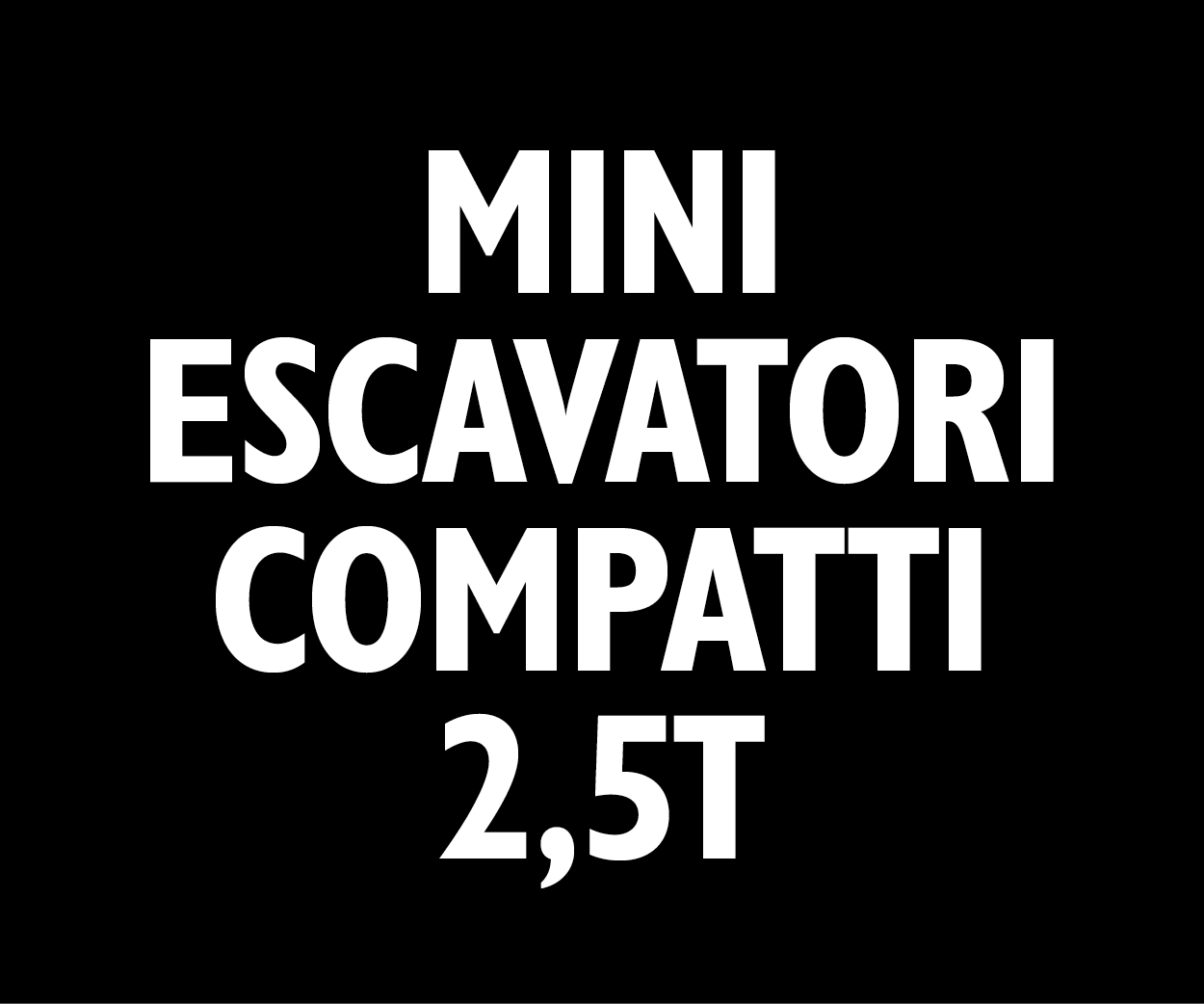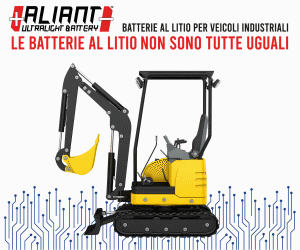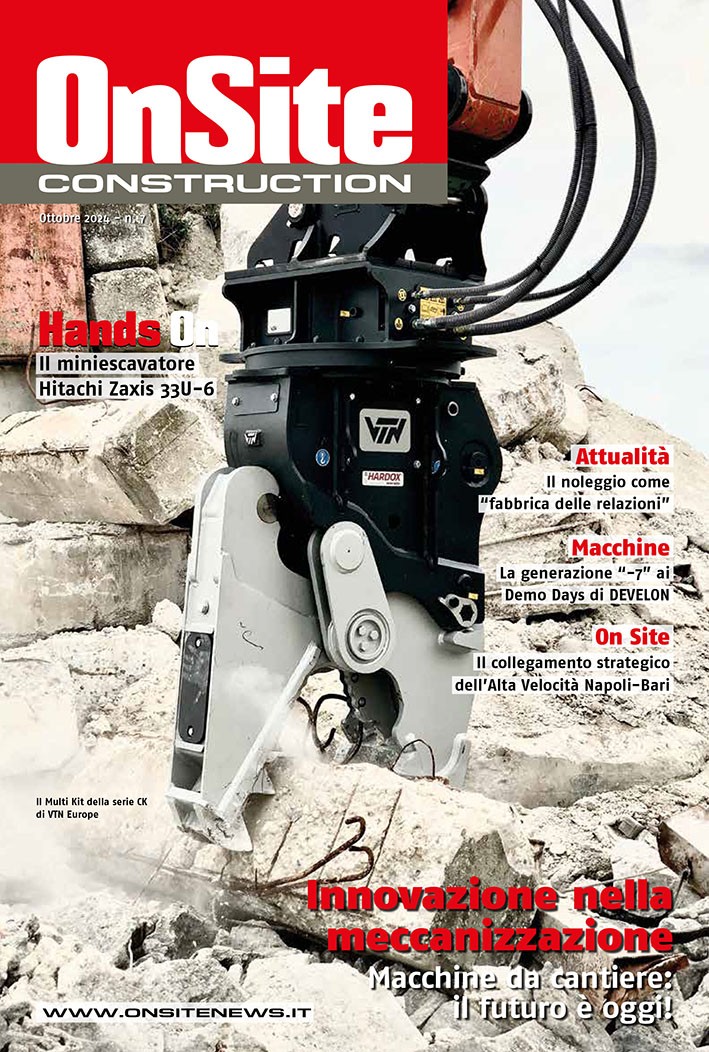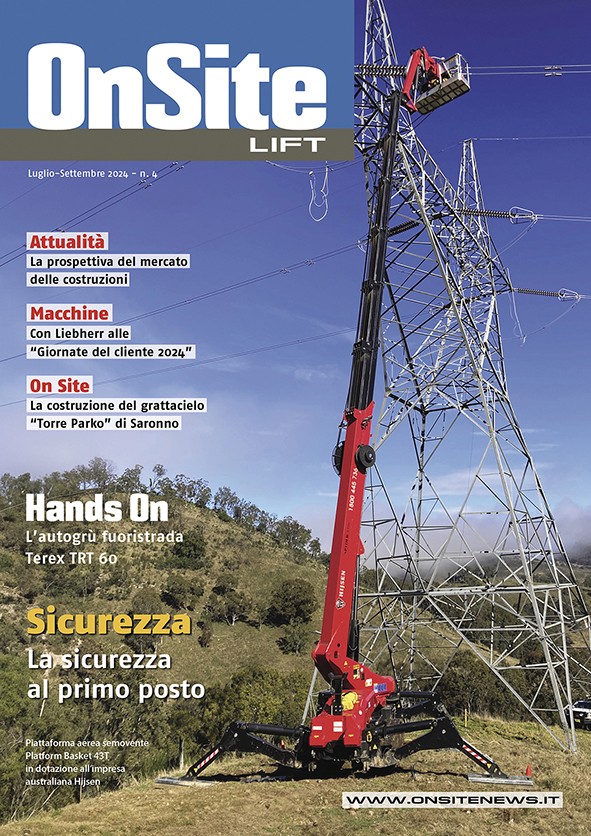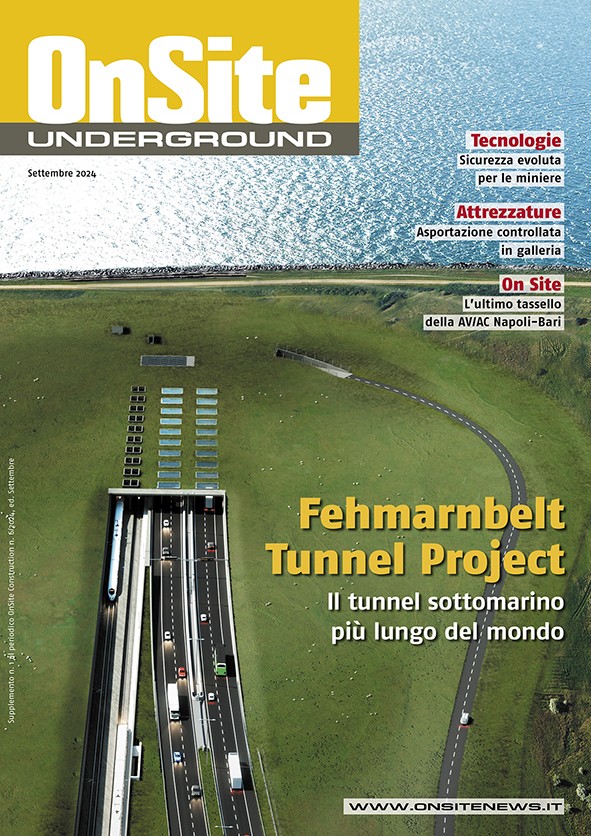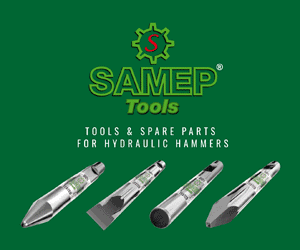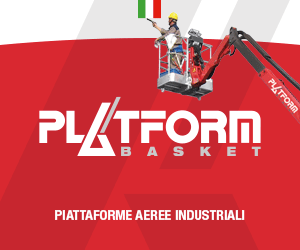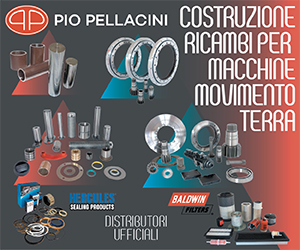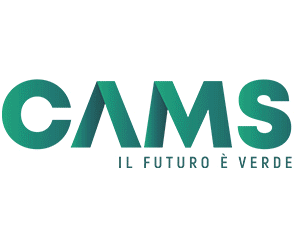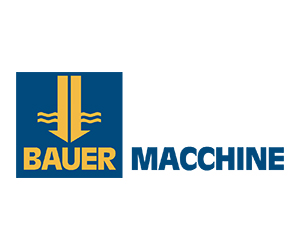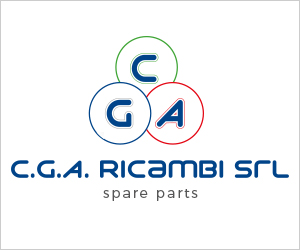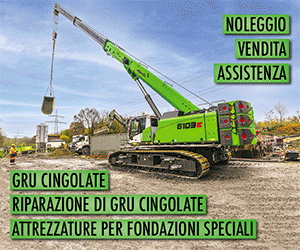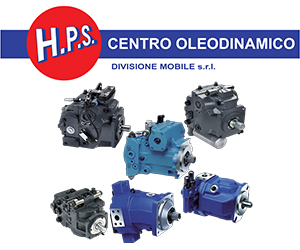Home \ International \ Sustainable pavement rehabilitation and road widening in a single pass
Sustainable pavement rehabilitation and road widening in a single pass
29/03/2023
Pubblicato da Ettore Zanatta
Production system delivers impressive results on a project in Silkeborg/Denmark.
What surprised local residents, the municipal authorities and construction engineers was just another job for the cold recycling experts from the lead contractor. Because the cold recycling train deployed as a Wirtgen Group production system and led by the W 380 CRi rehabilitated and widened the Sinding Hedevej near Silkeborg in a single pass. New base layer completed and opened to traffic after only four days.
Using conventional asphalt paving methods, the process would have involved milling off the entire road surface in several stages and then widening and repaving the roadway from the ground up. In contrast, in-place cold recycling used the existing asphalt material on the spot for the production of a qualitatively new BSM base layer. The Wirtgen W 380 CRi cold recycler first milled off the existing asphalt pavement to a depth of 15 cm and then added foamed bitumen and cement to the milled material to directly produce the new mix in the machine’s milling and mixing chamber. Approximately 300 t of BSM (bitumen stabilised material) per hour were transferred to the Vögele SUPER 2100-3i road paver following on behind, which then paved the new pavement profile to a width of 5.5 m and a depth of 12 cm in one single pass. The cold recycling train worked its way forward along the 3 km section of the Sinding Hedevej at a rate of 4 m/min. The road was able to be temporarily reopened for local road users immediately after the Hamm rollers had completed the final compaction.
According to lead contractor Arkil A/S, the costs were 30 per cent lower than for a conventional rehabilitation project. In view of this, the municipal authorities in Silkeborg are already planning the next road construction project with the cold recycling method. Savings on materials played the biggest role in the reduction of the overall project costs. Thanks to foamed bitumen technology from Wirtgen, considerably less bitumen needs to be added as a binding agent than would be required for the production of new asphalt mix. Hot bitumen was delivered to the site and automatically injected in-place – i.e. during the milling and mixing process – via the Vario injection bar. Thanks to process-dependent machine control, the feed volume was directly matched to the travel speed of the machine and ensured the homogeneity of the mix transferred directly to the SUPER 2100-3i paver. Another advantage: the final asphalt surface layer can be paved thinner than usual. In this case, only 3 cm of the high quality surface layer material was used, instead of the usual 4 to 5 cm. This also helped to reduce the overall construction costs.
Lower haulage costs led to further cost savings. The recycling area of over 12,000 m2 produced almost 4,000 t of material that did not have to be removed from the site. Two factors in particular played a role in the reduction of CO₂ emissions: firstly, the elimination of the movement of a calculated 400 truckloads of material to and from the site and, secondly, a considerable reduction of the 3,800 t of fresh hot-mixed-asphalt that would have had to be produced for the base layer in the case of conventional asphalt paving. According to Arkil, these factors enabled an up to 70% reduction of the overall CO₂ emissions. ‘Essentially, cold recycling is suitable for the rehabilitation of all kinds of roads. It was particularly good here, as no material had to be moved to or from the site and we were also able to widen the roadway as well in a single pass. And that seriously reduces our carbon footprint’, emphasises Mikkel Caprani, Site Manager from Arkil A/S.
Thanks to the clear advantages of cold recycling with foamed bitumen, it has already become established as a standard practice in road construction in many parts of the world. Whether for in-place rehabilitation, as here in Silkeborg with a CR-series cold recycler, full-depth recycling (FDR) through and below the base layer with a WR-series wheeled recycler or decentralised in-plant mixing in a cold recycling asphalt mixing plant such as the KMA 240(i), foamed bitumen technology delivers extremely durable BSM mixes for more sustainable road construction. What’s more, no matter which cold recycling method is chosen and which Wirtgen Group production system is used, a considerable reduction of CO₂ emissions and overall costs for primary resources is consistently guaranteed.

Ultime notizie di Wirtgen Macchine
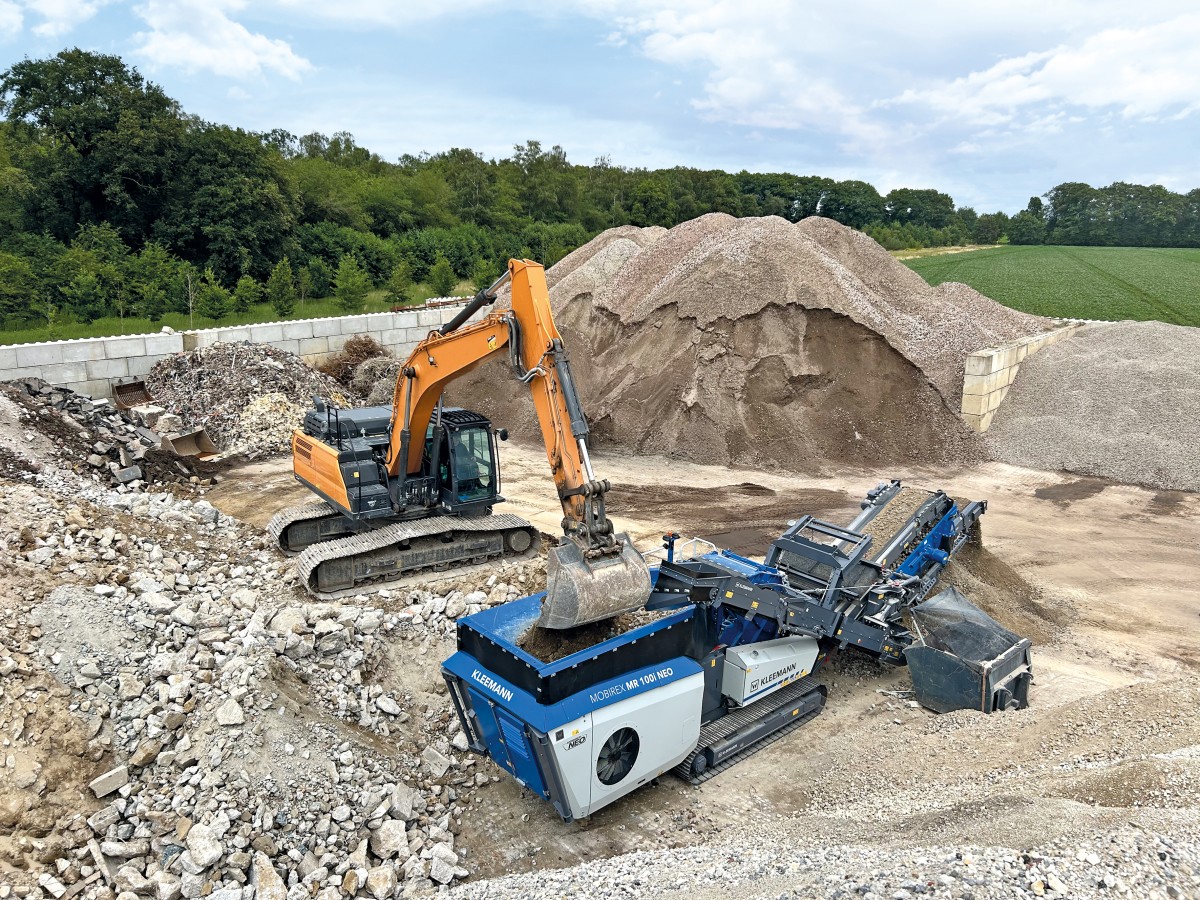
Earthmoving Machinery
21/11/2024
Kleemann: New compact crusher used for recycling
Impact crusher MOBIREX MR 100i NEO impresses during operatio...
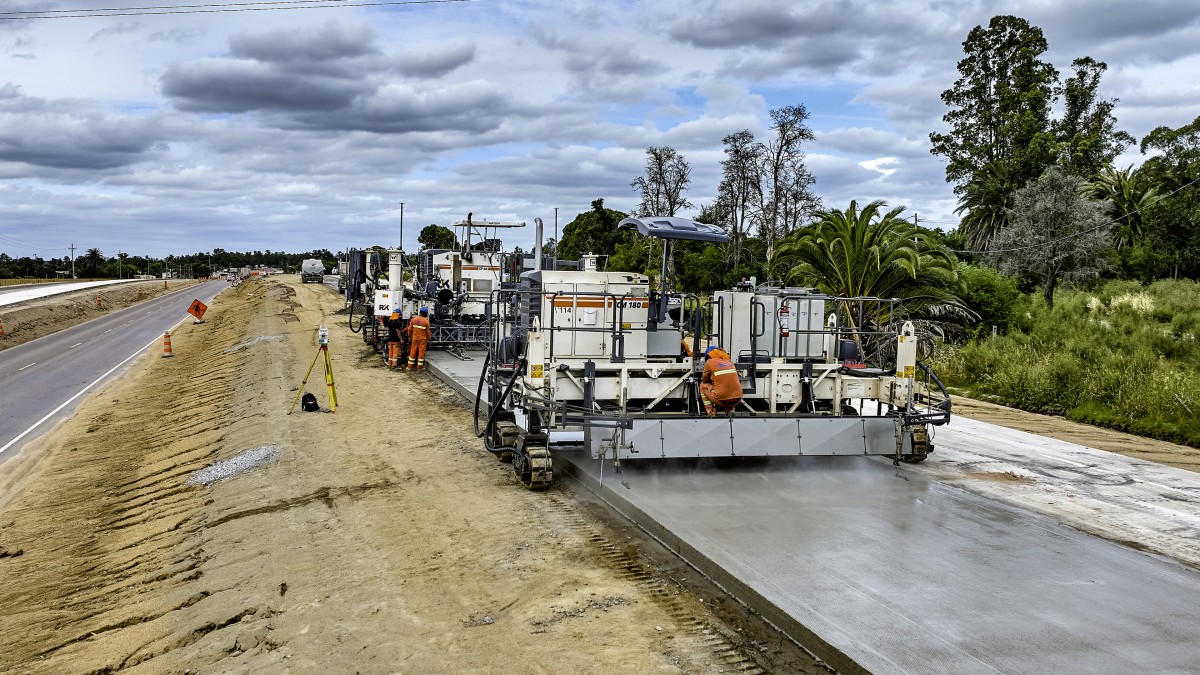
Road Machinery
04/11/2024
Wirtgen: Widening of the Ruta 5 highway from Montevideo to the Brazilian Border
Efficient concrete paving solutions from Wirtgen ensure the...
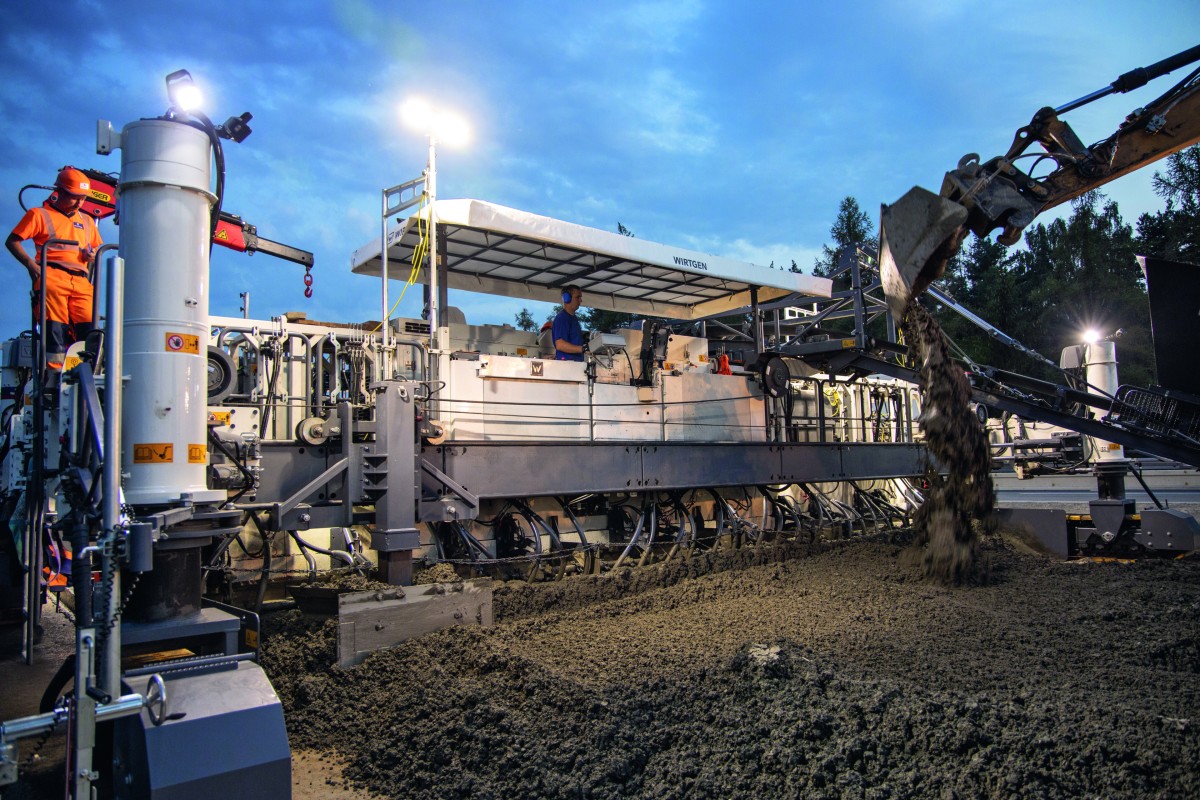
Road Machinery
31/10/2024
Wirtgen: Concrete paving with inset slipform pavers
Wirtgen has been offering machines for inset slipform paving...
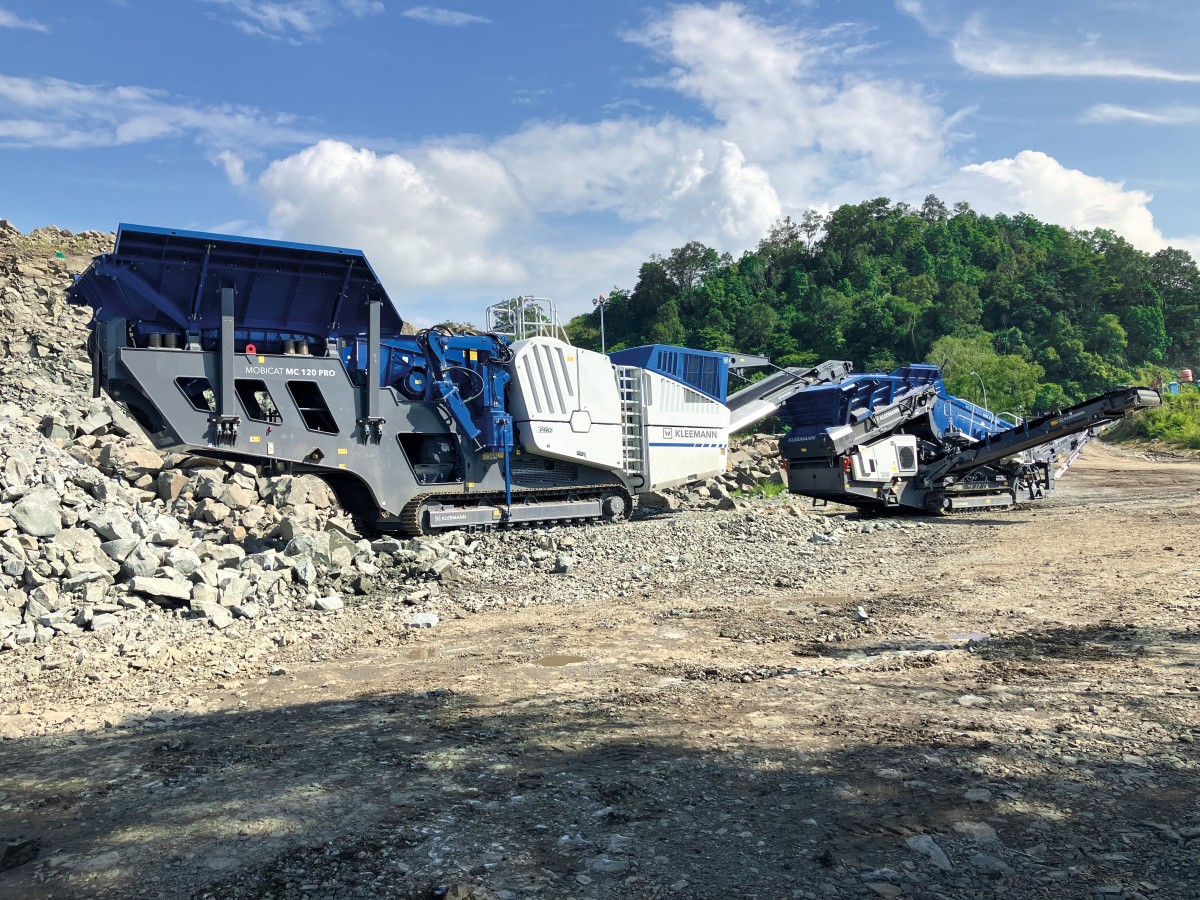
Earthmoving Machinery
28/10/2024
Kleemann: Andesite processing in Indonesia
A MOBICAT MC 120 PRO and a MOBISCREEN MSS 802 EVO are deploy...
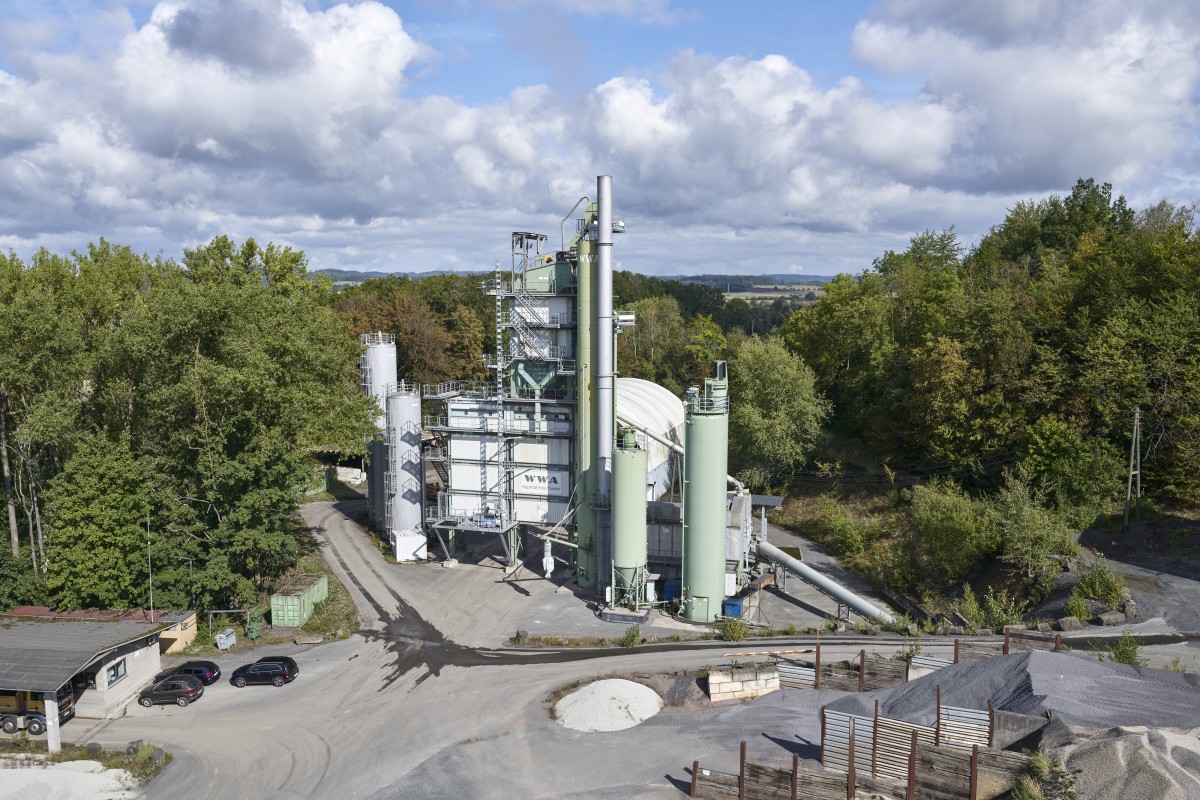
Earthmoving Machinery
24/10/2024
Benninghoven's REVOC system proven in practice
The REVOC Retrofit solution has been installed at an existin...
Road Machinery
01/10/2024
The Wirtgen Group at Paving Expo 2024
The Wirtgen Group presents groundbreaking technologies at Pa...
Altri International
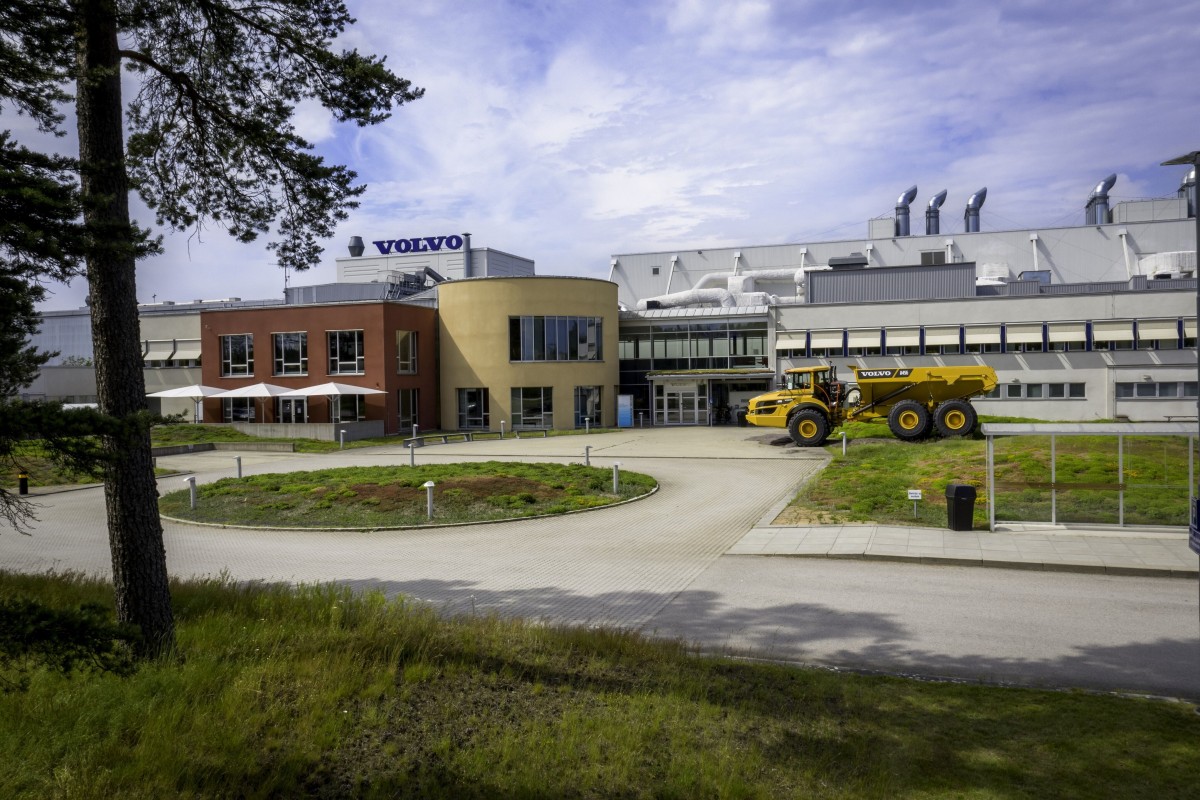
International
27/11/2024
Home of Volvo Construction Equipment’s pioneering articulated haulers advances to Climate Efficient Site
As one of the construction industry’s most active drivers of...
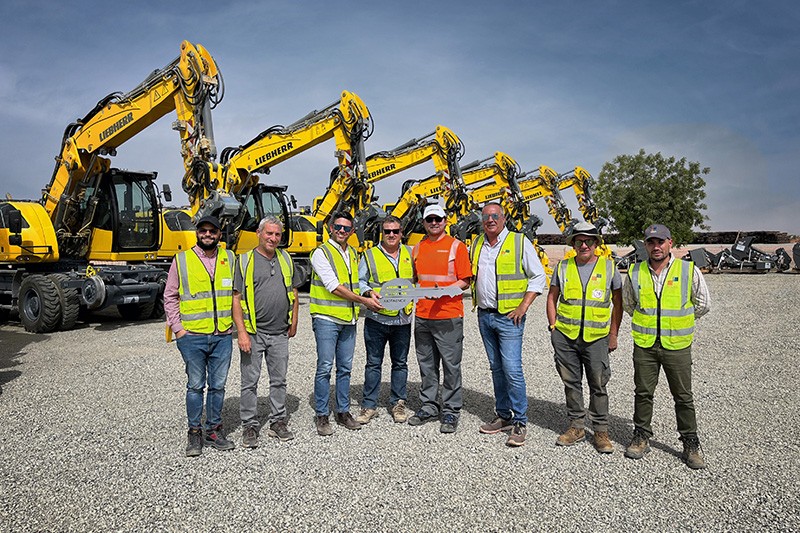
International
26/11/2024
Mota-Engil orders 10 Liebherr railroad excavators for a major project in West Africa
The Portuguese construction company Mota-Engil has once agai...
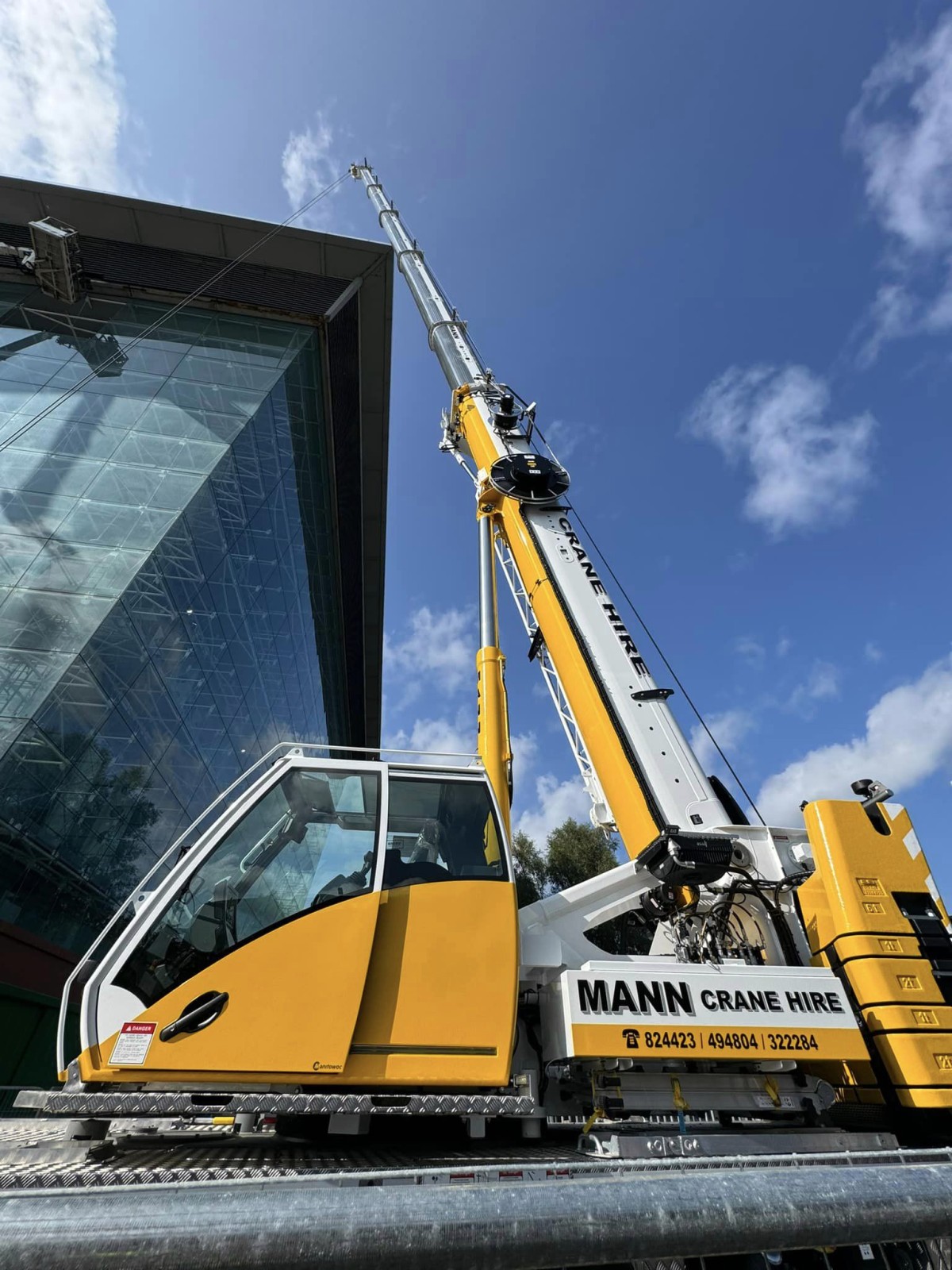
International
25/11/2024
New Grove GMK3060L-1 drives busy schedule for Mann Crane Hire
• Mann Crane Hire selected the GMK3060L-1 for its class-lead...
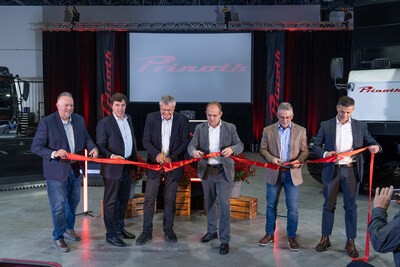
International
25/11/2024
Prinoth Unveils Expanded Production Facility in Granby, Canada
Prinoth held an event to announce the official opening of it...
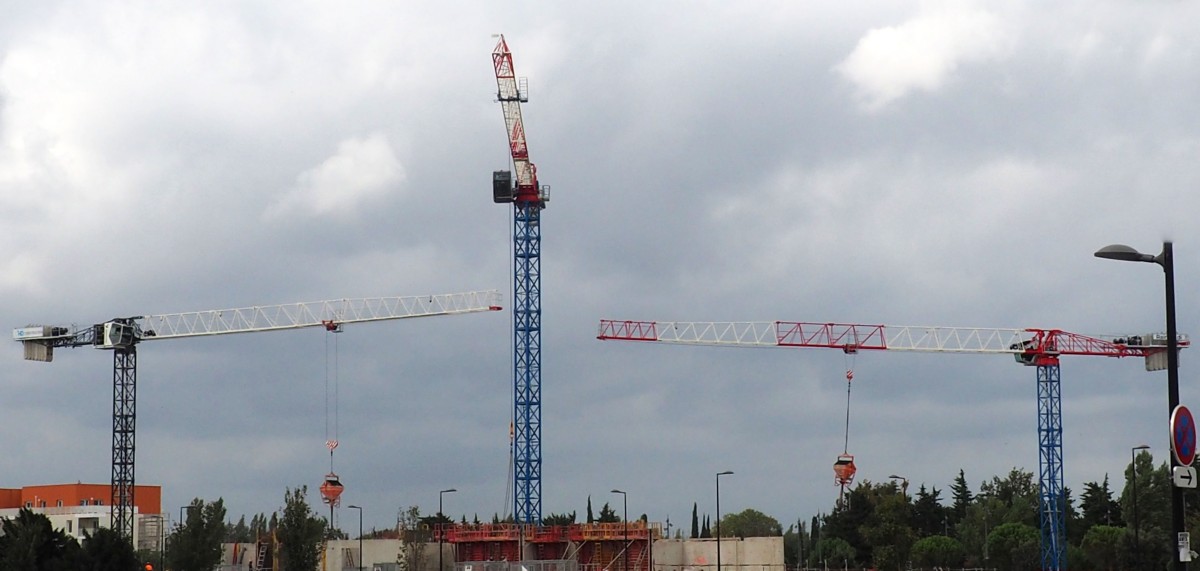
International
23/11/2024
GPMat International takes delivery of two Raimondi T147s residential development in the South of France
- Official agent of France expands its product lineup with t...
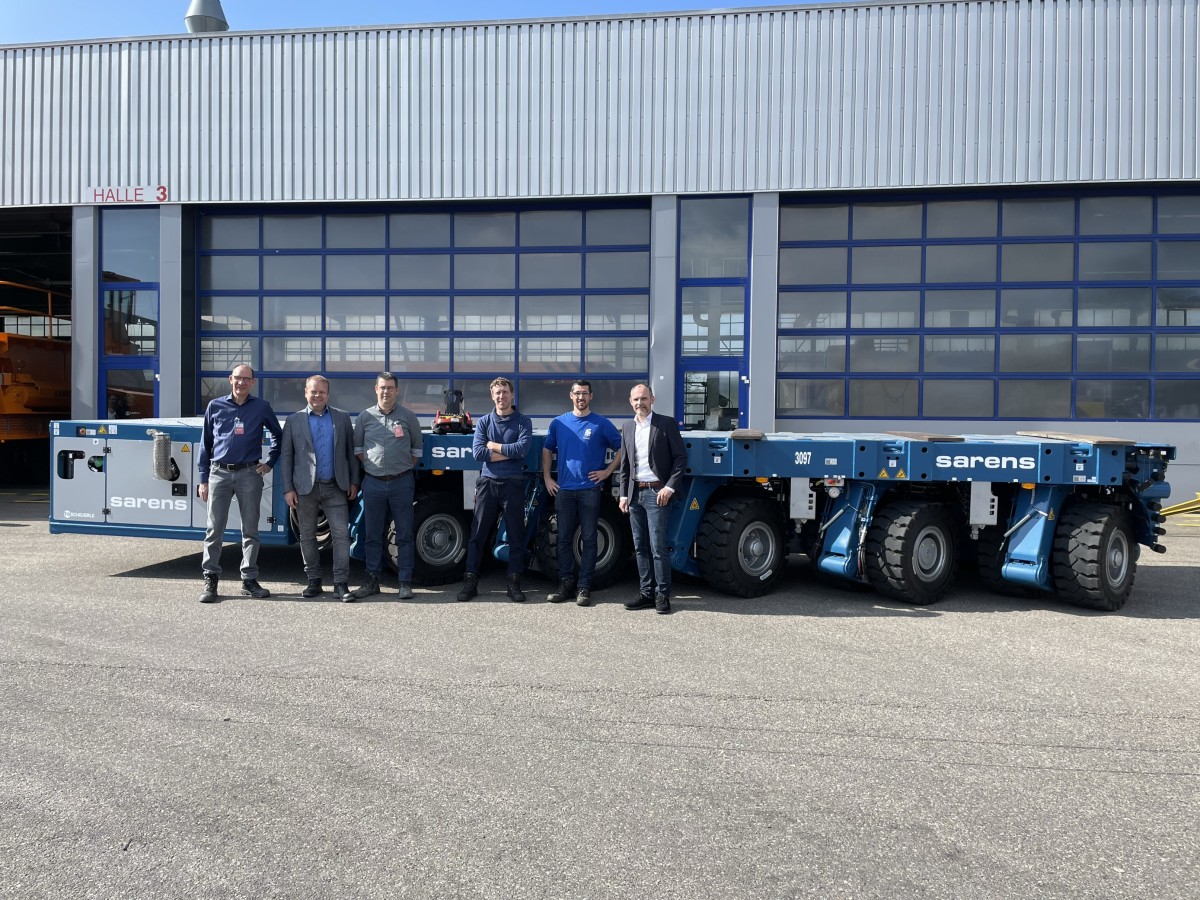
International
22/11/2024
Sarens acquires additional SCHEUERLE SPMT K24 modules
renowned for its expertise in crane rental services, heavy l...














